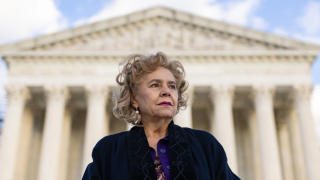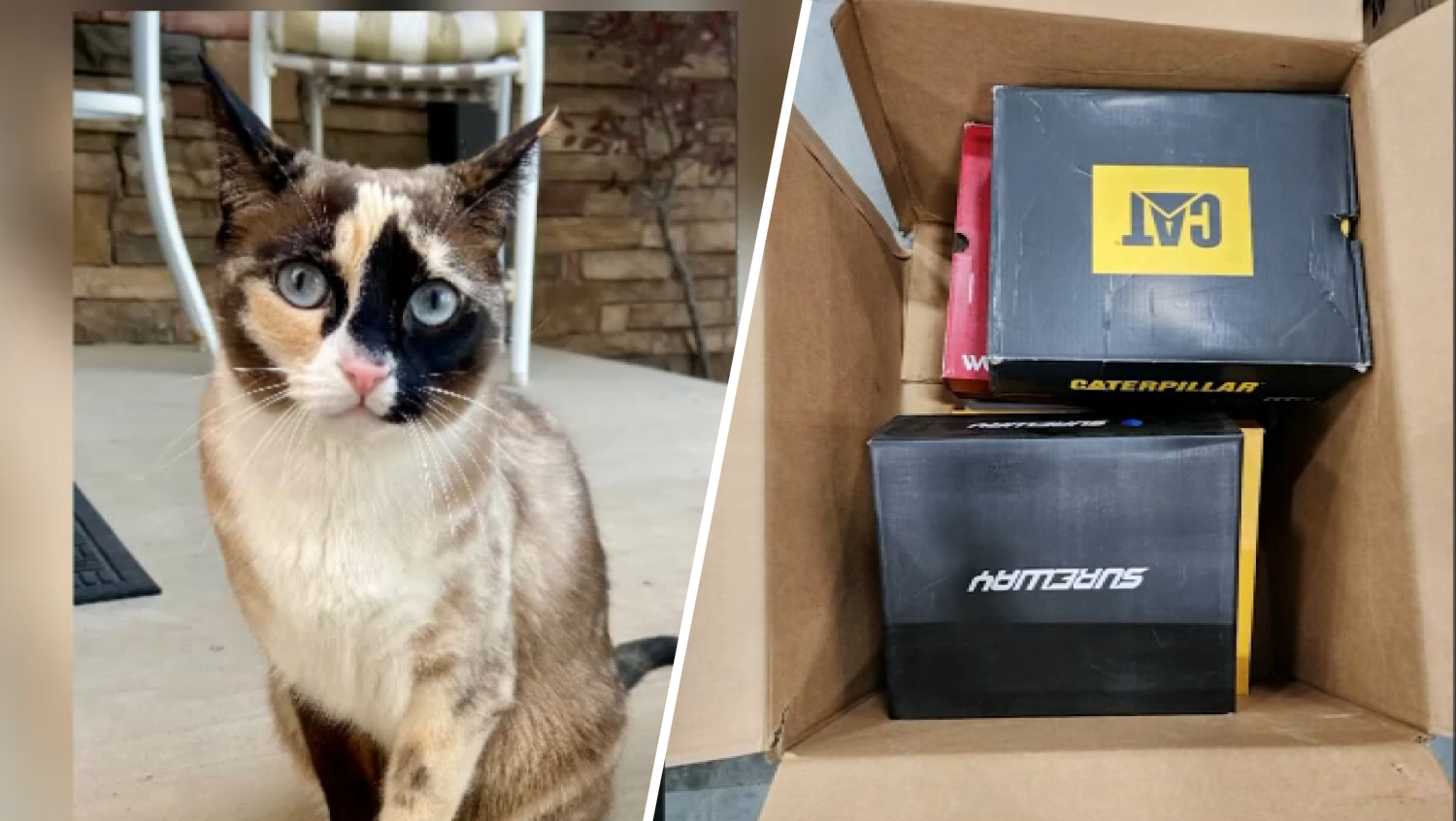
The Supreme Court on Wednesday wrestled with whether a Texas woman who served on a small-town council can pursue a retaliation claim after she was arrested following her criticisms of a senior official.
Based on questions asked by the justices during oral arguments, Gonzalez could eke out a narrow victory.
Sylvia Gonzalez, then 72, was arrested in 2019 after recently taking office as a council member in Castle Hills, Texas, having run for election as a critic of the city manager.
She was charged with inappropriately removing a government document, identified as a citizen petition she had prepared.
Get DFW local news, weather forecasts and entertainment stories to your inbox. Sign up for NBC DFW newsletters.
Gonzalez said she accidentally muddled the petition with other papers.
The charges were ultimately dropped, but only after Gonzalez, who has no criminal record, spent a day in jail. She also quit the City Council.
Gonzalez then sued, saying that the arrest was a form of retaliation against her for expressing her complaints against the city manager, Ryan Rapelye. She claimed officials had violated the Constitution's First Amendment, which protects free speech rights.
U.S. & World
Castle Hills Mayor Edward Trevino, then-police Chief John Siemens and Alex Wright, a lawyer engaged to assist with the investigation, were all named as defendants.
At issue at the Supreme Court is Gonzalez's effort to overcome a procedural roadblock to pursuing her lawsuit.
Gonzalez's lawyers at the Institute for Justice, a libertarian legal group, say she should be able to bring her claim under a 2019 Supreme Court ruling called Nieves v. Bartlett.
The ruling said that in most cases when police have probable cause to make an arrest, plaintiffs cannot bring retaliation claims.
But, the court added, in limited situations a case can move forward if the plaintiff can show that other people in a similar situation had not been arrested, even if there was probable cause.
During the argument, several justices from across the ideological spectrum seemed troubled that Gonzalez could not argue that no one else had ever been charged with the same crime in a similar situation in order to overcome the probable cause finding.
Liberal Justice Elena Kagan indicated that plaintiffs who, as she put it, have "solid objective evidence" that they were treated differently should be able to make that argument.
A fellow liberal, Justice Ketanji Brown Jackson, made similar remarks.
Conservative Justice Neil Gorsuch also weighed in, pointing to the thousands of criminal statutes that are rarely if ever enforced, meaning that the absence of prosecution of other people could be relevant evidence of a retaliatory motive.
"You’re saying they can all sit there unused, except for one person who alleges that 'I was the only person in America who’s ever been prosecuted for this because I dared express a view protected by the First Amendment' and that’s not actionable?" he asked Lisa Blatt, the lawyer representing the defendants.
Chief Justice John Roberts, who authored the 2019 ruling, appeared reluctant to limit its scope by ruling in favor of Gonzalez.
Seeking to expand the type of evidence that could be submitted to rebut probable cause "seems to me to be inconsistent" with the earlier ruling, he said.
Justice Brett Kavanaugh also seemed skeptical of Gonzalez's arguments, saying that people are frequently prosecuted for tampering with or stealing government documents. What makes Gonzalez's case different is that she claims it was not done on purpose.
"If you intentionally stole a government document at a government proceeding — that's not nothing," he said.
A federal judge rejected the defendants' bid to throw out the lawsuit on the grounds that they were protected under the legal doctrine of qualified immunity, which says there must be a violation of clearly established rights for lawsuits seeking damages over law enforcement or government officials' actions. The judge said Gonzalez did not have to "plead or prove the absence of probable cause."
But the New Orleans-based 5th U.S. Circuit Court of Appeals reversed that decision, saying that Gonzalez's claim was barred because of the probable cause issue.
This article first appeared on NBCNews.com. Read more from NBC News:



